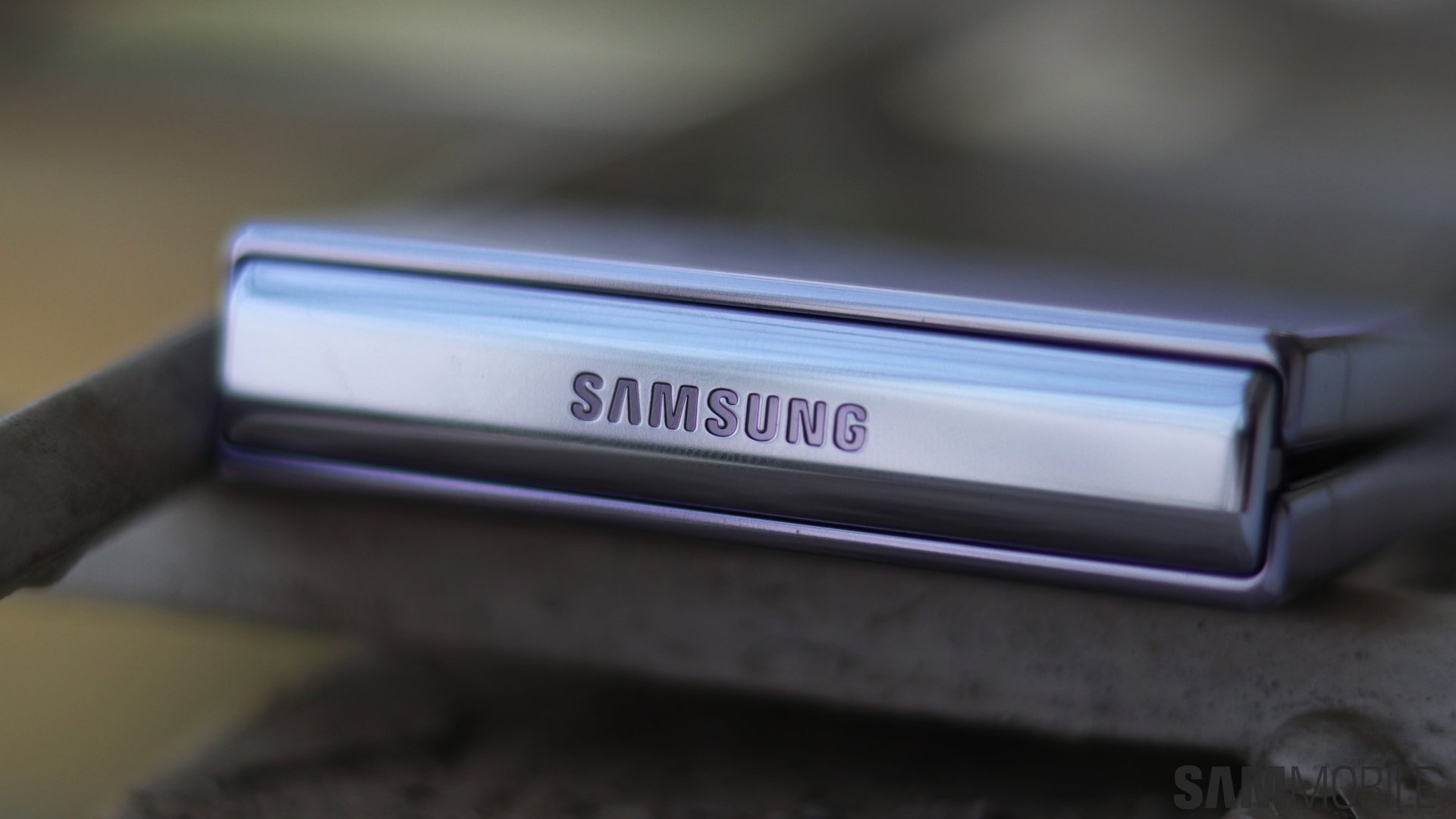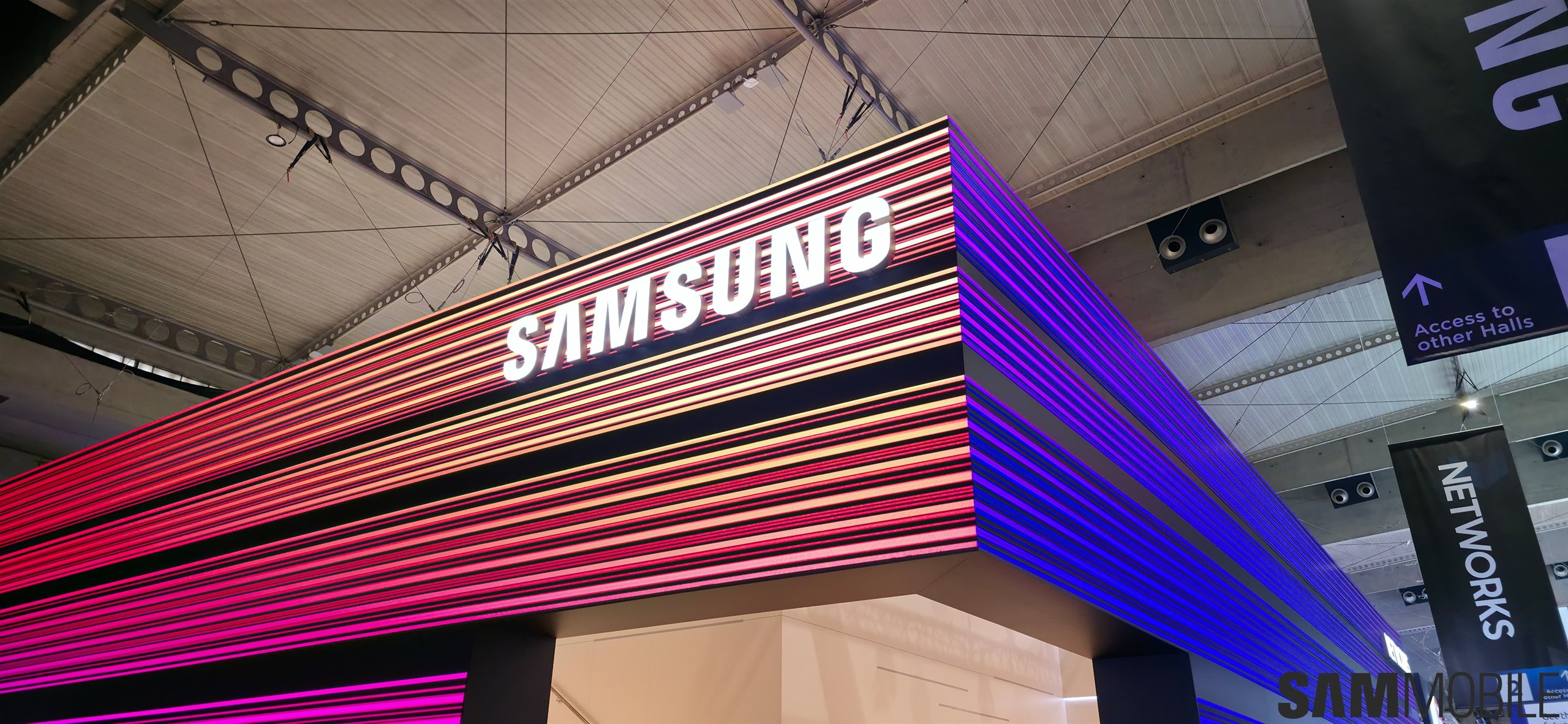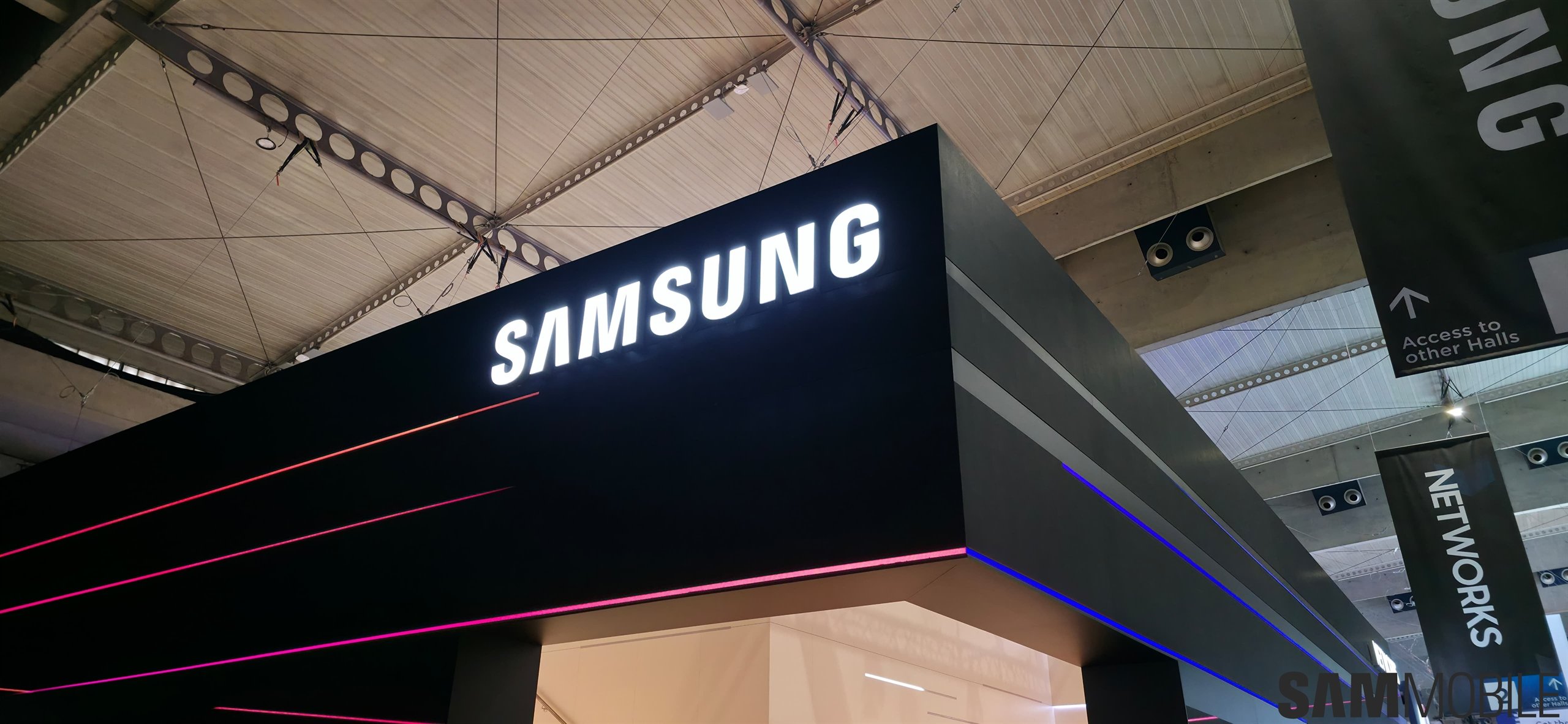
The post-pandemic reality hasn't really panned out the way many thought it would at that time. We're largely back to the way we were living before the pandemic hit. Offices are buzzing again with activity, travel is thriving, and the virus seems to have been brought under control. However, the economic reality is far from the same.
Samsung had the foresight to make the necessary changes in order to survive these headwinds. The company's strategy pivoted to accept “The Next Normal,” a term that it coined. It brought back the Fan Edition model, doubled down on foldables, and started extracting more value out of its mid-range devices.
It was a sign of things to come. If it feels why Samsung isn't really pushing the envelope on big-ticket specifications for its flagship phones, that's largely because of the market dynamics. They're particularly bad for companies in the smartphone segment. The flagship segment is stagnating, mid-range sales are declining as people hold on to phones for longer, and the rising cost of living everywhere is making it difficult for people to justify spending a lot of money on phones.
Samsung can't really take an all-out approach with specifications or enhancements anymore otherwise it may end up sacrificing profits. The margins are already quite slim in this business. The last thing Samsung would want is a phone that outclasses everyone else in the market but doesn't sell in significant numbers because people can't afford it.
The company can't sacrifice profit in that pursuit. It needs to consistently generate great profits to further invest in research and development, new investments as well as provide a decent return to shareholders. With the semiconductor division, Samsung's primary cash cow, bleeding money as it is, Samsung doesn't have much wiggle room right now to play around with profitability.
This isn't an isolated problem for Samsung. Almost every company in this space is struggling with the same. Even Chinese tech companies that make stuffed specs sheets the cornerstone of their strategies are struggling. They can't find as many buyers for their products, that are aggressively priced to begin with, as they could before. They're eventually wrapping up operations in certain markets across Europe because the numbers to keep operating there no longer make sense.
There's been a lot of talk whether these difficult times that everyone across the globe is facing will result in a new recession. Some are of the view that we're already in a recession. How that unfolds remains to be seen, but it's worth highlighting the bad news here. A new reality emerges after every recession, and that's likely what these challenging times will yield.
The new reality for Samsung fans could be a slate of devices that are good enough, but not outright bonkers in every aspect. Samsung won't equip them with the goods to elevate them to that level simply because the numbers don't align anymore. Samsung is also hindered by its lack of a subscription-based revenue stream. It doesn't make tens of billions of dollars every year from music, video, premium cloud, etc subscription services like Apple does. The company can't offset profits elsewhere to make it up from there.
It's tough to predict the future and the situation may change entirely in a few years from now. Geopolitics also plays a major role in the global economic landscape and there's a major shift happening in global alignments. It's all very convoluted and confusing, but for now, there's not much for fans to do except sit on the sidelines and hope that it all works out in their favor in the long run.
















